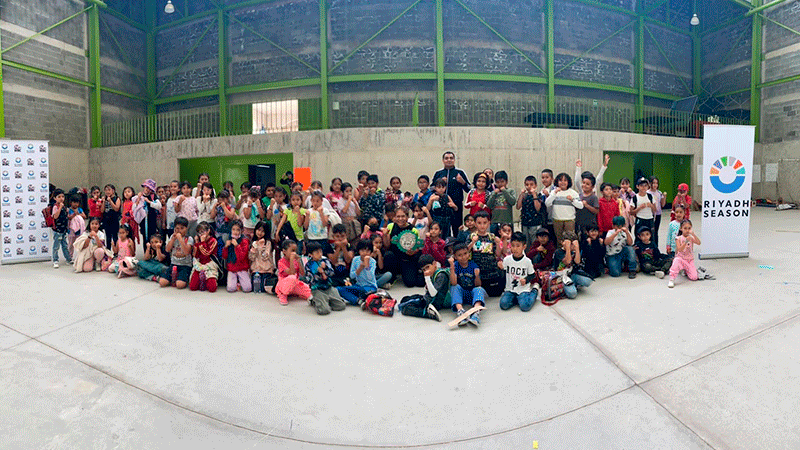
Educating Empathy: The Fundamental Role of the Family in the Fight Against Bullying
By Beka Romero
Children are like sponges who absorb all the behaviors around them, so the family becomes the point of reference for them.
The socio-affective relationships they have based on conflicts at home, social interaction or experiences will serve as a example for the little ones.
Exposure to socialization situations with parents from an early age, added to respectful upbringing and family integration, will allow better development of these skills such as better communication with peers, respecting others, putting oneself in someone else’s shoes.
It is important to observe how children behave, as well as offer quality time to understand the behaviors, focus attention on what is done and how it is resolved, as well as staying attentive from what is seen on television to how they behave at school or activities outside to educate and encourage empathy.
Some studies indicate that there are better social skills in children whose parents have high levels of support. Furthermore, better results are reported if they use various disciplinary strategies with minors (Castro and Nelson, 2018) and a key example is being a guide and example.
Thinking about children and adolescents not only as victims but as possible aggressors and witnesses, this will allow us to reflect on the strategies, tools and resources that we have as parents and the environment that we generate at home. Let us always remember that educating with respect, love, empathy and understanding are great allies for healthy parenting.

![]()
test


